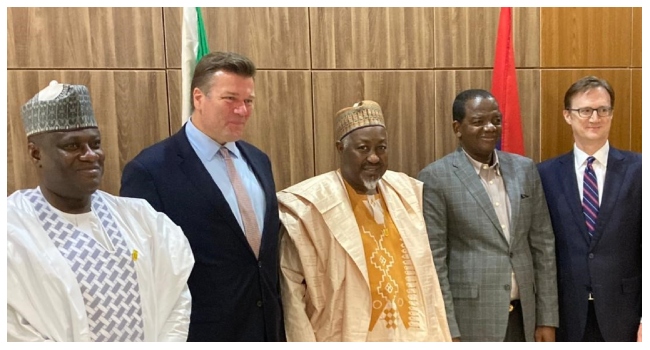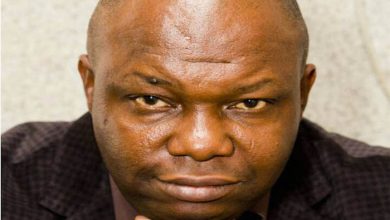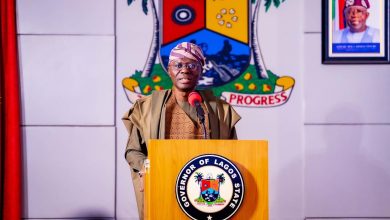
The United Kingdom’s Minister of State for the Armed Forces, James Heappey MP, has met with top defence leaders and military chiefs in Nigeria to deepen defence cooperation between both countries and discuss the situation in Niger.
During his visit, Heappey met top brass on Wednesday within the Nigerian Ministry of Defence, as well as the Chief of Defence Staff, General Christopher Musa; and Chief of Army Staff, Lt.-Gen. Taoreed Lagbaja.
The UK defence chief also met with Nigeria’s Minister of Defence, Abubakar Badaru; and the Minister of State for Defence, Bello Matawalle.
He also met with the President of the Economic Community of West African States (ECOWAS) Commission, Omar Touray, and he reiterated the UK’s support for ECOWAS’ ongoing diplomatic efforts to ensure a peaceful return to democracy in Niger Republic.
Heappey said, “I’m delighted to return to Nigeria for the third time in three years.
“The UK and Nigerian armed forces have a longstanding partnership through which we continue to tackle violent extremism and other security threats in West Africa and the Gulf of Guinea.
“The UK supports ECOWAS in calling for the peaceful restoration of constitutional order and democracy in Niger and we’ll work with both ECOWAS and our partners across West Africa to support them in that aim.”
He said the UK recognised Nigeria’s diplomatic mediation efforts to peacefully restore democracy in Niger, through its membership of ECOWAS, and condemns in the strongest possible terms the ongoing coup against Niger’s elected-leadership.
“We stand with ECOWAS in condemnation of the illegal detention of President Mohamed Bazoum, his family, and members of the government, as well as the unacceptable conditions under which they are being held, and call for their immediate release,” he said.
‘Diplomacy Won’t Fail’
On Tuesday, former Nigerian Head of State, Abdulsalami Abubakar, said that his delegation’s meeting with Niger Republic coup leaders over the weekend was fruitful.
The ECOWAS special envoy said diplomacy won’t fail to restore the democratically elected government of the deposed President.
The coup leader, Abdourahamane Tiani, had said the junta will return to civilian rule within three years but ECOWAS rejected the move.
Meanwhile, the African Union has suspended Niger Republic over the ongoing situation.
Army officers toppled Bazoum on July 26, prompting the West African regional bloc ECOWAS to threaten to use force to reinstate him.
ECOWAS agreed to activate a “standby force” as a last resort to restore democracy in Niger.
It has said it is ready to act, even as it continues to pursue hopes for a diplomatic solution.
The coup has heightened international worries over the Sahel, which faces growing jihadist insurgencies linked to Al-Qaeda and the Islamic State group.
Niger is the fourth nation in West Africa since 2020 to suffer a coup, following Burkina Faso, Guinea and Mali.
The juntas in Burkina Faso and Mali have said that any military intervention in their neighbour would be considered a “declaration of war” against their countries.
The coup is the fifth in Niger’s history since the impoverished landlocked state gained independence from France in 1960.
Bazoum’s election in 2021 was a landmark, opening the way to the country’s first peaceful transition of power.
He has been held with his family at the president’s official residence since the coup, with growing international concern over his conditions in detention.







